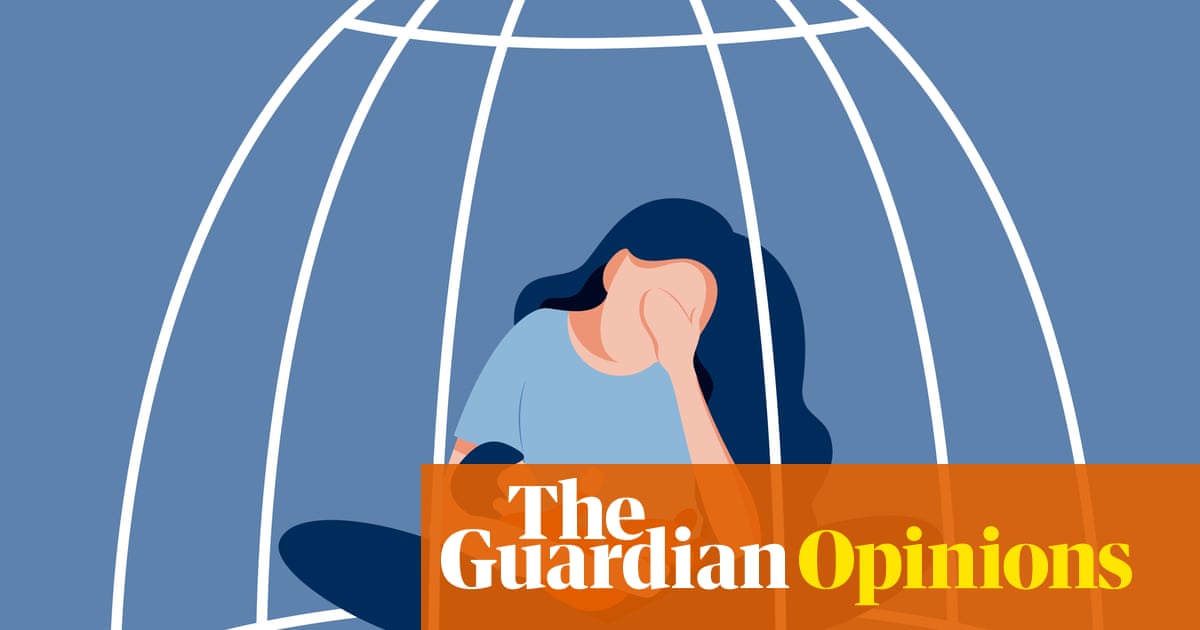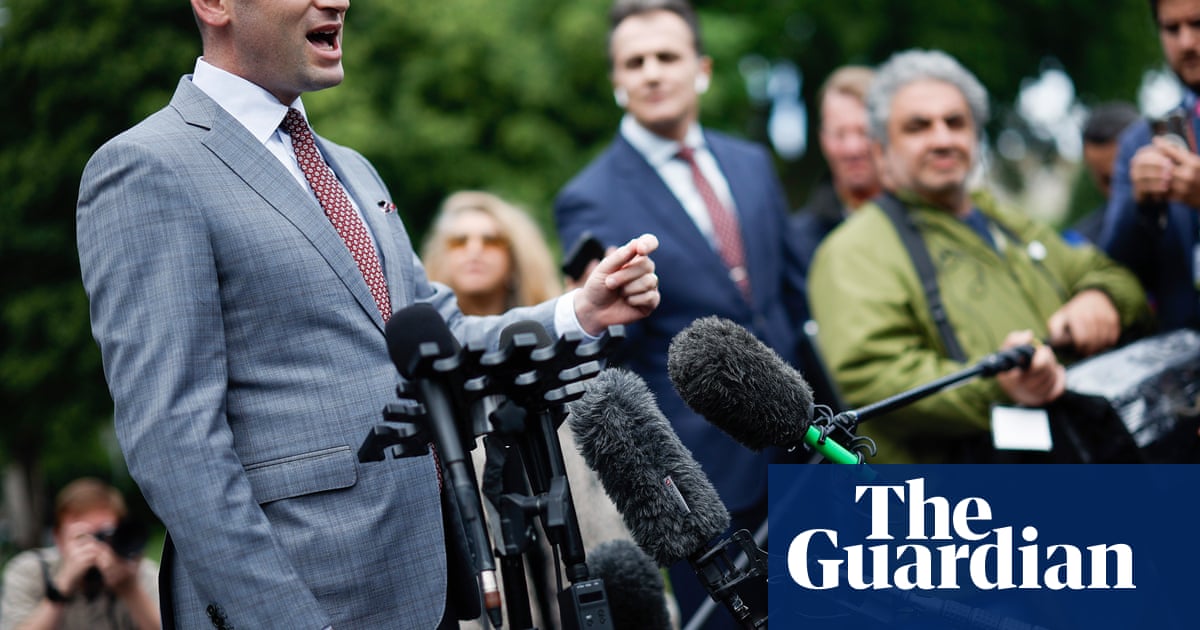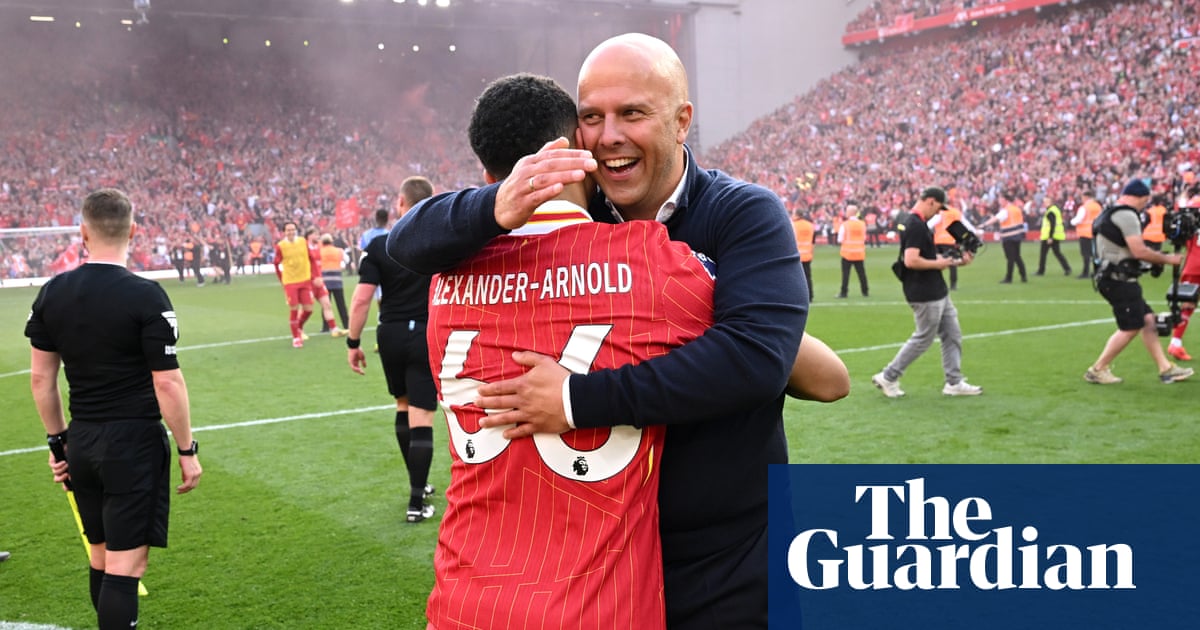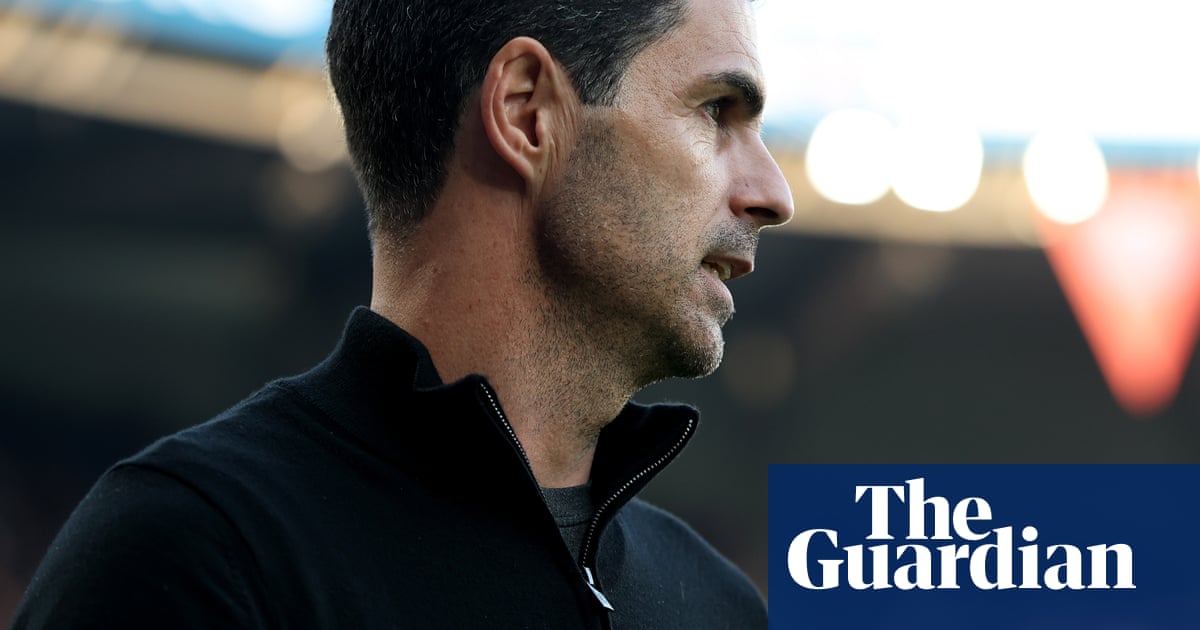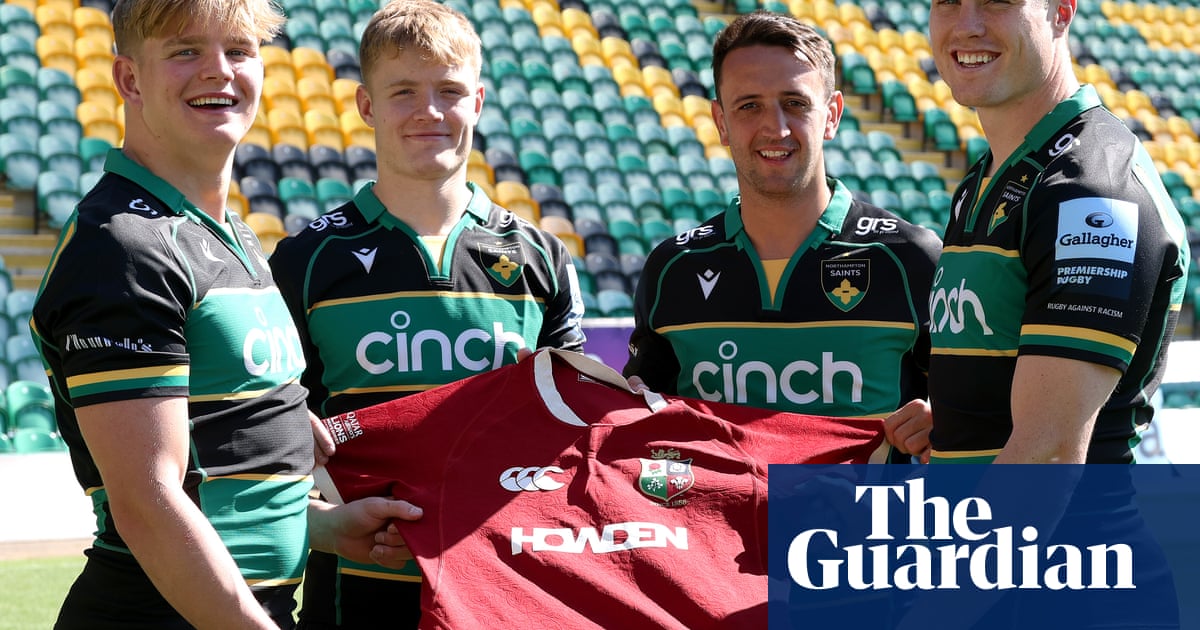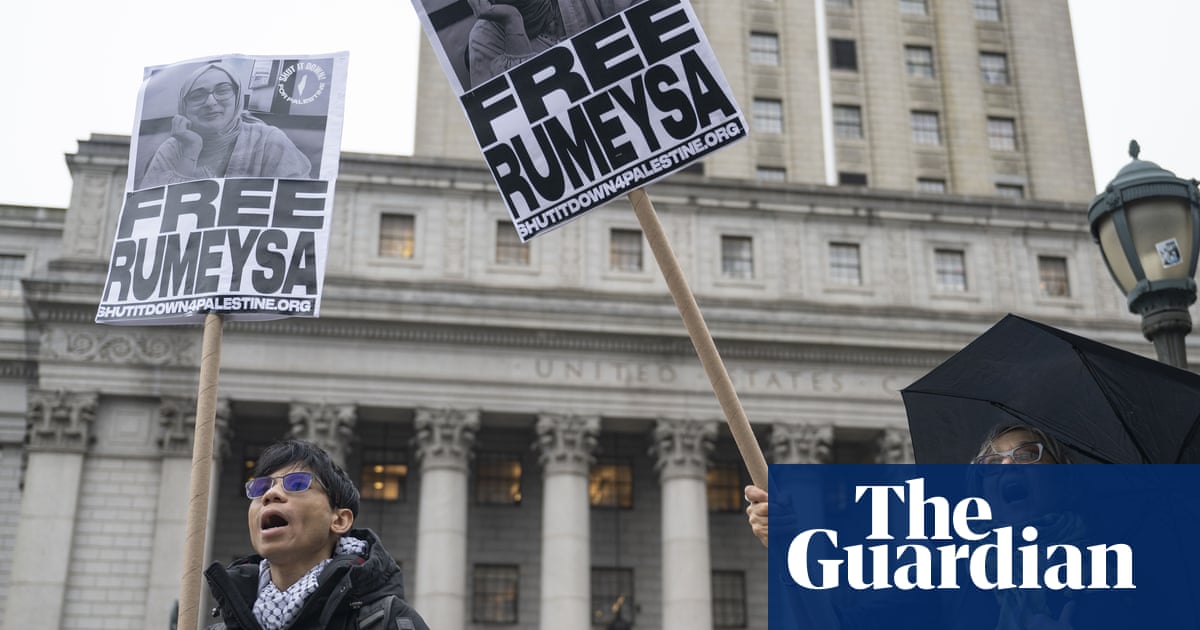Five years ago an artist named Maurizio Cattelan bought a banana from a grocery store in Miami and taped it to the wall of a gallery. People came to look at the banana. People wanted selfies with the banana. The banana divided opinion. Some were affronted and insulted by the banana. Some applauded the artist on his clever subversion of traditional artistic tropes. Either way, pretty soon everyone was talking about the banana.
In November 2024, the banana – not the same banana, obviously, but a fresh banana bought that morning – was taken on a global publicity tour to drum up business before its auction at Sotheby’s. After a frenzied bidding war, the banana was bought for about £5m by Justin Sun, a cryptocurrency investor. Shortly afterwards the winning bidder called a press conference and, in front of the watching media, promptly ate the banana. “It’s much better than other bananas,” Sun said. “It’s really quite good.”
The only reason for recounting all this is that something similar appears to have just happened with the London Spirit.
Take a renowned British institution. Round up all the tech magnates and gaudy new money you can find. Create a bit of theatre and buzz in advance. Draw a VIP circle, and then a VVIP circle inside the VIP circle. Hire yourself a reassuringly plummy-voiced auctioneer in a pinstripe suit. And that is it. You can start the bidding.
As for the thing you are actually selling, it does not matter. Just make up any old shit. Look, here is a cricket team we invented this morning. They are called the London Spirit. We have put them in blue shirts, although feel free to change their name and dress them however you want. Here is a picture of Liam Dawson wearing a London Spirit shirt. Obviously you will not actually own a physical Liam Dawson. The real Liam Dawson will decay at regular intervals and need to be replaced. What you are paying for is the idea of Liam Dawson. The sheer audacity of putting a skiddy left-arm spinner in a blue shirt and selling it in the first place.
And so it was that on Friday, at Berkeley Square in London, a consortium of Silicon Valley investors paid £145m for 49% of a name, a set of fonts, and a sporting franchise that has won 23 of its 65 games. Like the other seven Hundred teams being sold off last week and this, the London Spirit contains no actual physical assets. Players and staff are hired on a freelance basis. Their ground, Lord’s, belongs to the majority owners MCC. As for digital assets, the London Spirit X account has 162 followers at the time of writing and has not posted since July 2021.

None of this, in short, feels real. And yet the money is real: real cash, from real people, that can be spent on real things. The first five franchise sales alone yielded around £350m, which will be shared between the recreational game, the 18 counties and MCC. Debts can now be paid off, grassroots facilities improved, new infrastructure built. Pretty much overnight, English cricket feels like a place of dreams and enterprise.
Was it all worth it, then? Did the marketing geniuses at the England and Wales Cricket Board just manage to sell eight bananas for half a billion pounds? Well, kind of. For all the whiff of novelty and gimmick, of course the Hundred was not created out of thin air but carved out of the existing architecture of English cricket: those precious August holiday weeks, the Twenty20 Blast that was the financial lifeblood of so many counties. Built on the toil of the schools and clubs and academies and coaches that produced these market-ready players in the first place. Forced through with bullying and threats, secrecy and often just plain lying.
Even so, this column extends a cordial invitation to any reader who can plot a more palatable course through a landscape of declining interest in bilateral international cricket, who can devise a more painless way of raising £500m. Because – and let’s be clear about this – there is no empirical market value here. No algorithm can possibly tell you the true worth of a made-up team in a made-up competition, and in any case to the buyers involved the sums are so trivial as to be essentially meaningless.
The Ambani family, who just bought 49% of Oval Invincibles, is worth around £240bn. Their £61m stake is comfortably less than the amount they reportedly spent last year on a Mediterranean cruise featuring private performances from Katy Perry and Pitbull. And when you possess this kind of wealth, there are more efficient ways of multiplying it than by investing in cricket.
after newsletter promotion
In this context, it makes more sense to think of the Hundred as a kind of luxury good than a hard-nosed business investment. Revenue remains negligible, overseas broadcast rights an entirely speculative market. The AI-driven future in which Dawson’s death‑overs hitting is being beamed to a billion phone screens, overlaid with live betting prices, remains largely theoretical. What really matters is the prestige, the hubris, the invited influencers and Bollywood actors taking selfies in the Lord’s pavilion. The idea of buying a cool thing simply because you could, and then eating it live on camera.

Of course English cricket gets sniffy about these things, because English cricket is conservative and racist, suspicious of new things and suspicious of brown people and – above all – suspicious of new brown people. But by the same token English cricket has had 150 years to create a sustainable business model for itself, and basically failed. Perhaps, in the absence of any actual sellable product, the only real option left was to flog the vibes, soft power, authentic whiff of Ye Olde English Cricket, Eau de Lord’s.
England no longer loves or values cricket. Why not pass the reins to people who actually do? Why indulge the pretence that the entire English game can be run off the subscription fees of Kent members and the few private schools with working nets?
For all the dizzying sums of money involved, the pall of unchecked capitalism, the billionaire brazenness, this is in essence a bet on cricket: its past, its present, its future. It is a monumental gamble. But when all you have is a banana on a wall, you may as well get what you can for it.

 3 months ago
39
3 months ago
39

